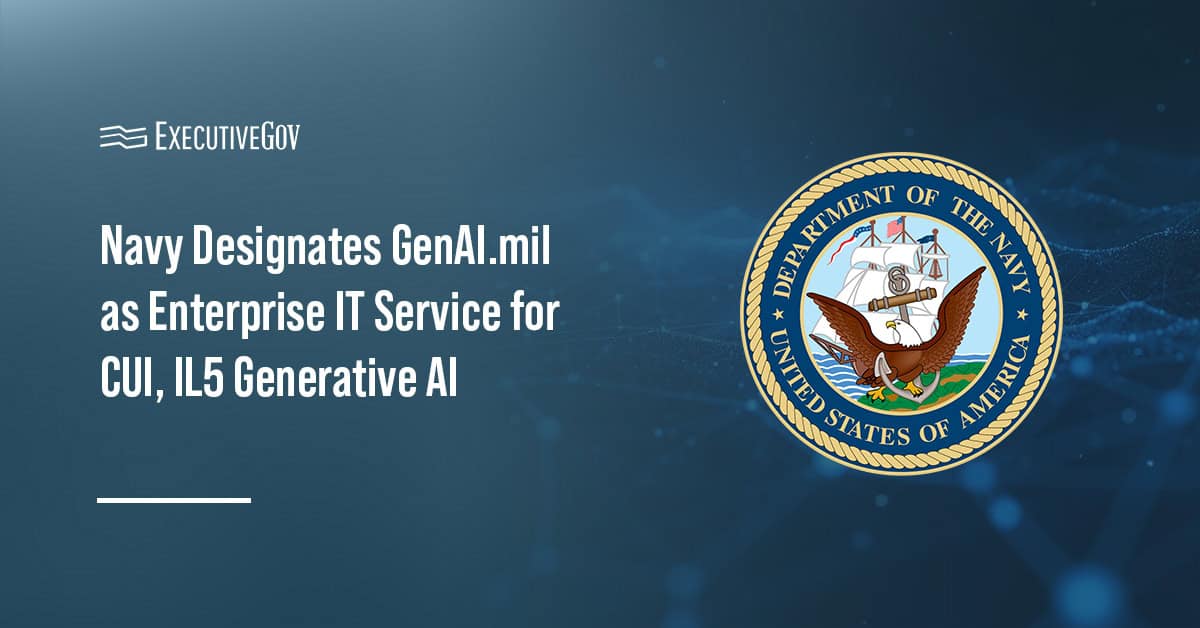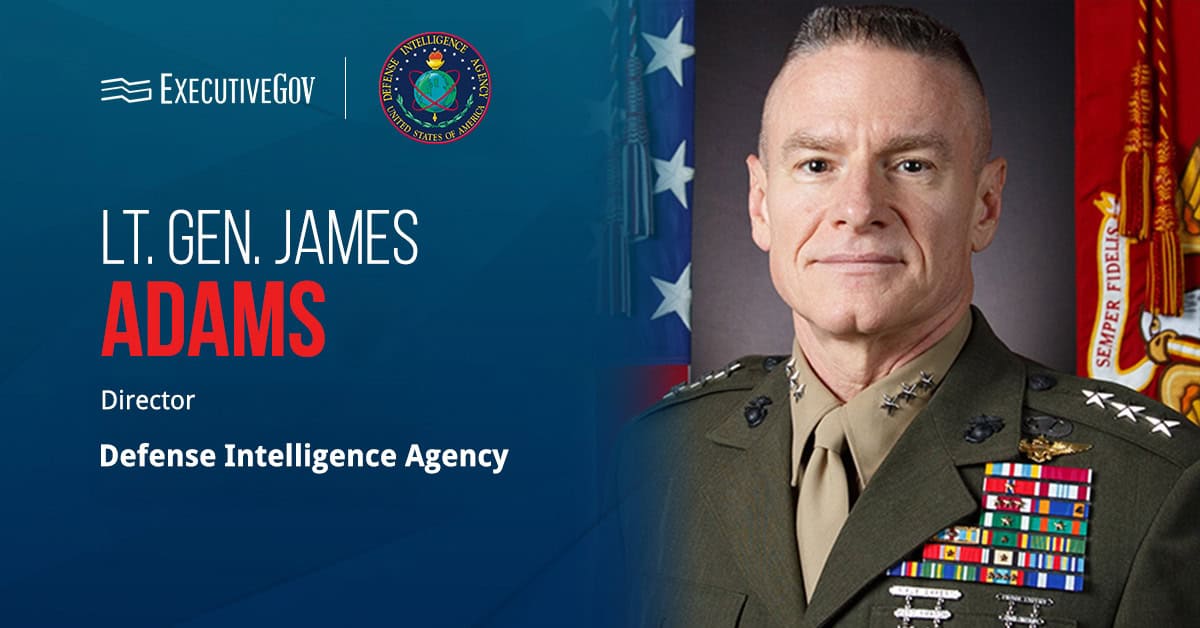
The Government Accountability Office has assessed the Department of Defense’s procurement reforms, and found that the Pentagon is working to implement 180 of these reforms since 2010. DoD, on average, takes about a year to implement a procurement reform, but spends more than two years to apply some provisions, GAO said Thursday.
Congress creates and proposes reform regulations to augment DoD’s methods in purchasing products and services. GAO recommends the secretary of defense to pursue better coordinate reform implementations with Congress and other stakeholders.
The secretary would task the Defense Acquisition Regulations System’s director to develop this approach, GAO noted. The recommendation aims to reduce delays in implementation.





